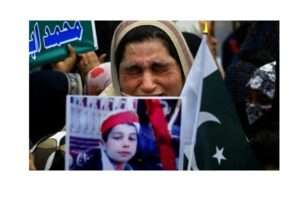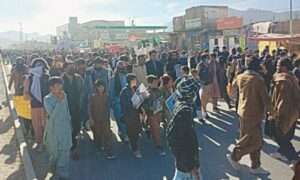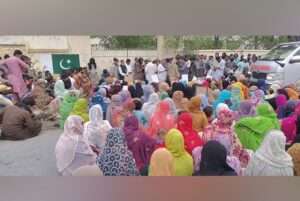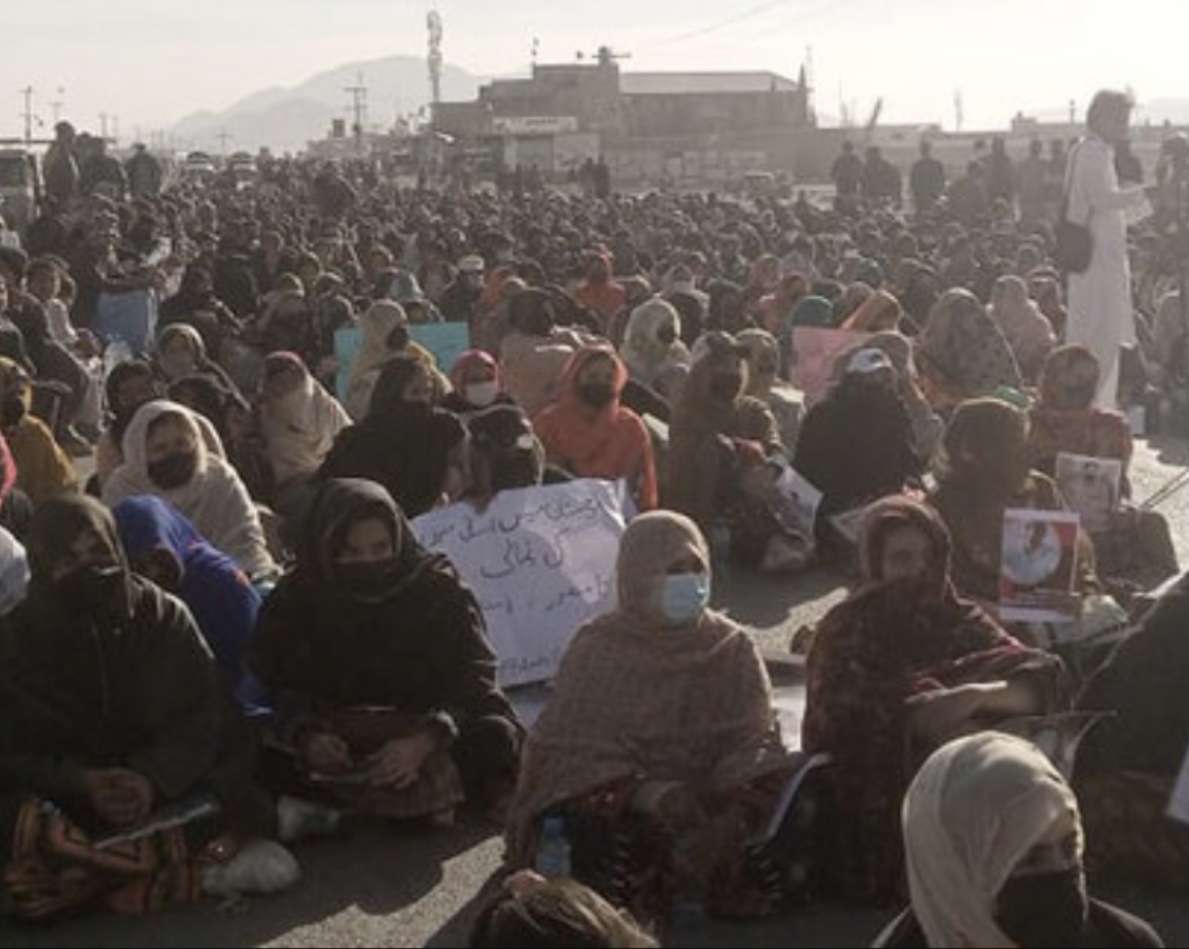Seeking Justice: Imperative of an Impartial and Prompt Investigation
Several critical questions remain unanswered in the Balach Molabakhsh case. Was he truly killed in an encounter, or was he subjected to extrajudicial violence? Were the proper protocols followed during his arrest and detention? Why was the inquiry tribunal’s head changed, and what does this signify?

Case Insight
The recent case of the alleged extrajudicial killing of Balach Molabakhsh in Turbat has sparked outrage and demands for justice, raising concerns about the conduct of law enforcement agencies. The situation has taken a new turn with the registration of a murder case against CTD officials and the subsequent changes in the head of the fact-finding inquiry, creating a complex narrative that demands scrutiny.
Back Ground
Balach Molabakhsh went missing from his home on October 29, 2023. An FIR was registered, but his fate remained unknown until his body was found along with three others on November 23rd. CTD officials claimed that all four were killed in an encounter, but this account was disputed by the family and residents.
Family’s Stance
The family’s claims that Balach was in CTD custody before his death were further strengthened when Sessions Judge Turbat ordered the registration of a murder case against CTD officials. This order was a significant step towards holding those responsible accountable.
Protests in Turbat
The family’s grief and outrage sparked a wave of protests in Turbat. Led by Balach’s father, Maula Bakhsh, the protests demanded justice for his son and called for a transparent investigation.

The protests gained widespread support from civil society, demonstrating the deep public concern surrounding the incident.
Outcomes of the Protest
In response to the protests, the Balochistan government constituted a fact-finding inquiry tribunal headed by Secretary Fisheries Imran Gachki. However, the tribunal’s credibility was soon questioned when it was announced that the head of the inquiry had been changed to Municipal Secretary Noor Ahmed Perkani. This move further fueled suspicion and distrust among the public.
Drastic Impacts Balach Molabakhsh Incident
The lack of transparency in the investigation process has only deepened the sense of injustice and frustration among the public. A thorough and impartial investigation is crucial to address these questions and bring closure to Balach’s family. The Balach Molabakhsh case is not an isolated incident. It highlights the broader issue of human rights violations and impunity in Balochistan.
Long-standing Grievances of the Province
The province has long been plagued by disappearances, extrajudicial killings, and arbitrary detentions. These practices have created a climate of fear and distrust, eroding public confidence in law enforcement agencies.
Responsibilities of Law Enforcement Authorities
The newly appointed fact-finding inquiry tribunal must conduct a comprehensive and impartial investigation into the death of Balach Molabakhsh. The government should establish an independent commission to investigate allegations of human rights violations in Balochistan. Law enforcement agencies must be held accountable for their actions and be subject to civilian oversight.
Need for Collaboration of Government and Civil Society
The government should work with civil society and community leaders to build trust and address the grievances of the Baloch people. The international community should continue to monitor the situation in Balochistan and press the government to uphold human rights. Only through collective action and sustained pressure can we ensure that justice is served in the case of Balach Molabakhsh and that such tragedies never happen again.



